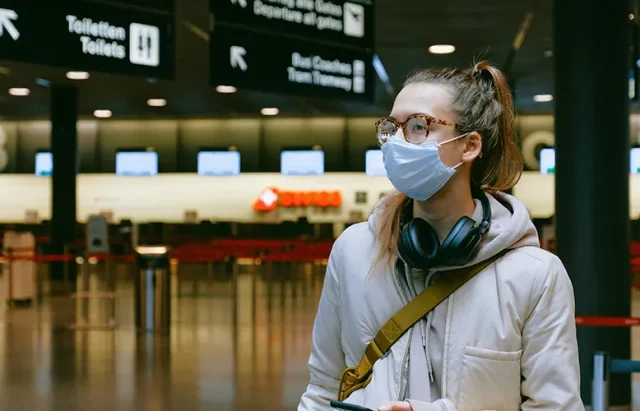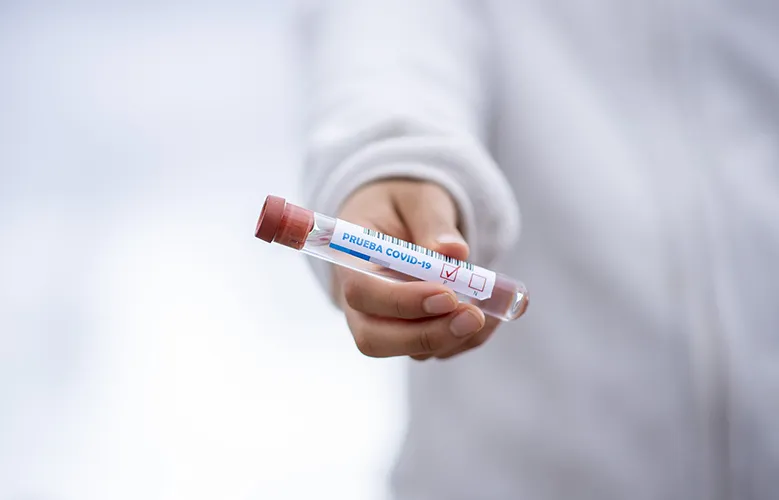
Traveling with a rare condition can be both exciting and challenging. The thrill of exploring new destinations comes with the added responsibility of managing your health needs on the go. Whether you’re navigating medical supplies, finding specialized care, or simply seeking comfort in unfamiliar places, it’s crucial to have a plan. The good news? There are plenty of tools and strategies to help you stay safe, comfortable, and well-prepared no matter where you are.
In this post, we’ll dive into 8 smart ways to ensure you can always find the resources and support you need while traveling in rare conditions. From apps to travel tips, you’ll discover how to make the most of your travels while staying in control of your health. Let’s get started.
Research Healthcare Options Before You Travel
Before embarking on your journey, take time to research healthcare options at your destination. Identify hospitals, clinics, and pharmacies nearby, and make a list of any specialists who can help if your condition requires immediate attention. Having a clear understanding of local health systems, insurance coverage, and emergency services can alleviate stress while traveling.
This research should include understanding whether your medical providers abroad are equipped to handle your specific condition and if they have the necessary facilities and expertise. Knowing where to go ahead of time means you’ll have one less thing to worry about if something unexpected arises.
Use Online Directories to Locate Medical Experts
Finding medical professionals while traveling can be challenging, especially in unfamiliar locations. One way to make this easier is by using online directories designed to connect patients with healthcare providers.
These resources often feature a wide range of specialists in various locations, making it simple to find doctors who are knowledgeable about rare conditions. You can use online directories at finding the right expert who specializes in your condition, no matter where you are. Many directories also provide patient reviews and ratings, allowing you to assess the credibility and quality of care offered by different practitioners.
Leverage Health Apps for Tracking and Emergency Support
Health apps are invaluable tools for individuals managing rare conditions while traveling. These apps not only help you track symptoms, medication schedules, and daily health data, but they also allow you to quickly access emergency support.
Some apps even connect you directly with healthcare professionals in real-time, offering telemedicine services when you’re in an unfamiliar location. Many apps also provide features like maps for locating nearby pharmacies and medical facilities. By using these tools, you can ensure that your condition is consistently monitored and that immediate help is just a tap away when you need it.
Create a Personal Health Travel Kit
When traveling with a rare condition, it’s essential to have a personal health kit that’s customized to your specific needs. This kit should include medications, medical equipment, and any other supplies you may require, such as insulin pumps, inhalers, or specialized foods. Ensure that all medications are well-labeled, and consider carrying a letter from your healthcare provider explaining your condition and treatment plan.
You should also include a list of emergency contacts, including your doctor’s phone number and the contact information for your travel insurance provider. Having these resources at hand can make a significant difference in managing your health while traveling.
Seek Support Groups for Traveling with Rare Conditions
Connecting with others who share similar health experiences can be incredibly valuable, especially when traveling with a rare condition. Online support groups and forums allow you to exchange tips and advice with fellow travelers who have faced similar challenges. You can find recommendations on accessible locations, trusted medical professionals, and travel-friendly solutions for managing your condition.
These groups also provide emotional support, helping you feel more confident about navigating unfamiliar environments. The shared experiences can be a source of empowerment and guidance, especially in situations where you might feel alone or unsure about how to proceed.
Consult Your Healthcare Provider Before Departure
It’s important to consult your healthcare provider before you travel to discuss any potential risks associated with your destination. Your doctor can offer advice on how to manage your condition during the trip, including travel vaccines, necessary prescriptions, and tips for coping with different climates or food environments.
They may also suggest specific strategies to help you maintain your health routine while on the road. Additionally, your healthcare provider can provide recommendations on emergency care options at your destination, ensuring you’re prepared for any medical situation that may arise while you’re away.
Utilize Travel Insurance with Medical Coverage
Travel insurance is a must-have for anyone with a rare condition, as it provides a safety net in case of medical emergencies. When selecting a travel insurance plan, ensure that it covers pre-existing conditions and includes access to medical services abroad.
Some insurance providers offer specialized plans designed for travelers with chronic or rare conditions, ensuring you’re covered for treatments, hospital visits, and even medical evacuation if needed. Before departure, familiarize yourself with the policy’s terms, what’s covered, and how to access services should you need medical care during your travels.
Stay Informed About Local Emergency Protocols

Every country has its own emergency response system, and it’s important to understand how it works before you travel. Research the emergency numbers for police, fire, and medical assistance in your destination country, and make sure you know how to communicate in case of a health crisis. Additionally, inquire about the availability of specialized medical centers or clinics that cater to rare conditions.
Being prepared with local emergency protocols ensures you can act swiftly if needed, minimizing delays and stress during a medical emergency. It’s always better to be proactive and informed before you’re in a situation that requires urgent care.
Traveling with a rare condition requires careful planning, but with the right resources and strategies in place, you can explore the world confidently and safely. By researching healthcare options, utilizing health apps, connecting with support groups, and ensuring you have the right insurance and medical supplies, you can manage your condition while enjoying your travels. Always consult with your healthcare provider and stay informed about local medical services to ensure you’re fully prepared. With these practical steps, you can find the support you need wherever you are and make the most of your journey.





